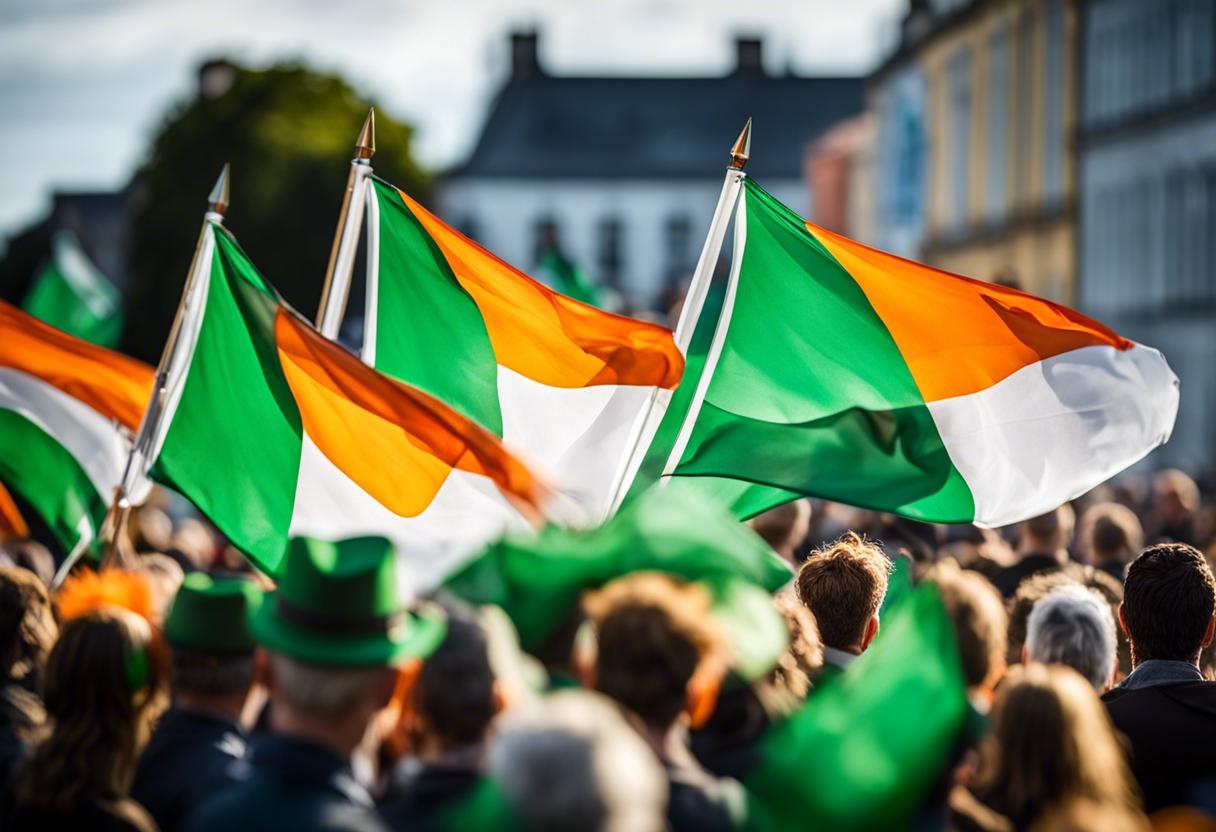In a commendable and courageous move, Leo Varadkar decided to step down, believing that he had exhausted his capacity to contribute further. His sincere communication of these sentiments to the Irish public and the acknowledgement that his seven-year tenure as Taoiseach had reached a point where others might be better placed to lead was quite remarkable.
A political axiom suggests that leaders seldom recognise the opportune moment to bow out. It’s often seen that they’re forcibly ousted from office after their performance has deteriorated to become a burden. Thus, Varadkar’s voluntary resignation and the rationale behind it, marked by a rare display of modesty, promises to invigorate Irish politics over a more extended period.
The less positive aspects of politics were prevalent in some reactions to Varadkar’s decision, with adversaries and much of the press focusing predominantly on his missteps during his leadership, often neglecting the significant successes he achieved.
These successes must not be overlooked, for they were indeed substantial. Varadkar’s competent stewardship during the Brexit negotiations, which was marked by dogged diplomacy, resulted in a critical achievement for the country that was thought near impossible – the prevention of a hard border on the island of Ireland.
His leadership during the devastating Covid pandemic was instrumental in guiding the country through the crisis, a task which proved overwhelming for his contemporaries in London and other regions.
Also integral to his successes was his Economic Affairs Minister, Paschal Donohoe. His prudent economic supervision was crucial in equipping the Exchequer with adequate resources to safeguard the public against the repercussions of the pandemic and the subsequent cost-of-living crisis following the belligerent Russian incursion into Ukraine.
Admittedly, there were lapses, with the housing crisis as a stark instance. However, without acknowledging the victories of our political leaders, alongside criticising their shortcomings, we risk enlarging the gateway for populist provocateurs.
Increasingly vitriolic political discourse is recognised as one reason why numerous TDs are considering not contesting in the upcoming election. A case in point was when Social Democrat leader Holly Cairns deliberately misconstrued Varadkar’s farewell words in the Dáil following his resignation announcement.
Varadkar was recognised for his exceptional ability to handle misinterpretation and misrepresentation deftly, whether it was during Dáil sessions or media interviews. Nevertheless, his poise in political discourses didn’t convert into the anticipated public approval that his TDs had wished for when electing him as the leader seven years previously.
Party members have expressed their frustration regarding the party’s course in recent years, manipulated by non-governmental organisations. In the words of one TD, “Leo is excessively focused on pleasing those who detest him, overlooking the apprehensions of his party’s supporters.”
Another issue was his undeniable uneasiness with the more personal aspects of politics, crucial for successful leadership. After reoccupying the Taoiseach’s office in late 2022, Varadkar became exceedingly detached from his colleagues, sparking doubts about his judgement in recent months. The failure with the referendums was merely one example.
The uncertainty led to a general consensus within the party of an impending loss in the upcoming election. Many TDs deciding not to campaign again was a clear indication of this unease. However, Varadkar’s recent exit bestowed on the party an opportunity for transformation.
Infusing new life and charm, emerging young leader, Simon Harris, stands a better chance of revitalising the party and luring capable replacements for the retiring TDs. He should seize this opportunity to recalibrate the party’s focus on basic issues and discard irrelevant initiatives such as hate-speech laws.
The imminent general election and the brief period for appointing a new leader inspired Fine Gael TDs to promptly rally around the favoured candidate, rather than indulge in a complicated election process. Paschal Donohoe was the sole potential rival to Harris, but after stepping aside from contention, the outcome was clear.
A firm belief held by Varadkar was his absolute rejection of forming a coalition with Sinn Féin under any circumstances. This approach is something Harris must affirm as a fundamental tenet of the party’s agenda as they approach the election.
Considering that all other groups in the Dáil are not outrightly dismissing the idea of forming an agreement with Sinn Féin, this circumstance presents Fine Gael with an exclusive advantage. This may reinvigorate the party’s base while also attracting a substantial portion of voters who are firmly against the republican movement assuming governance of the state.

